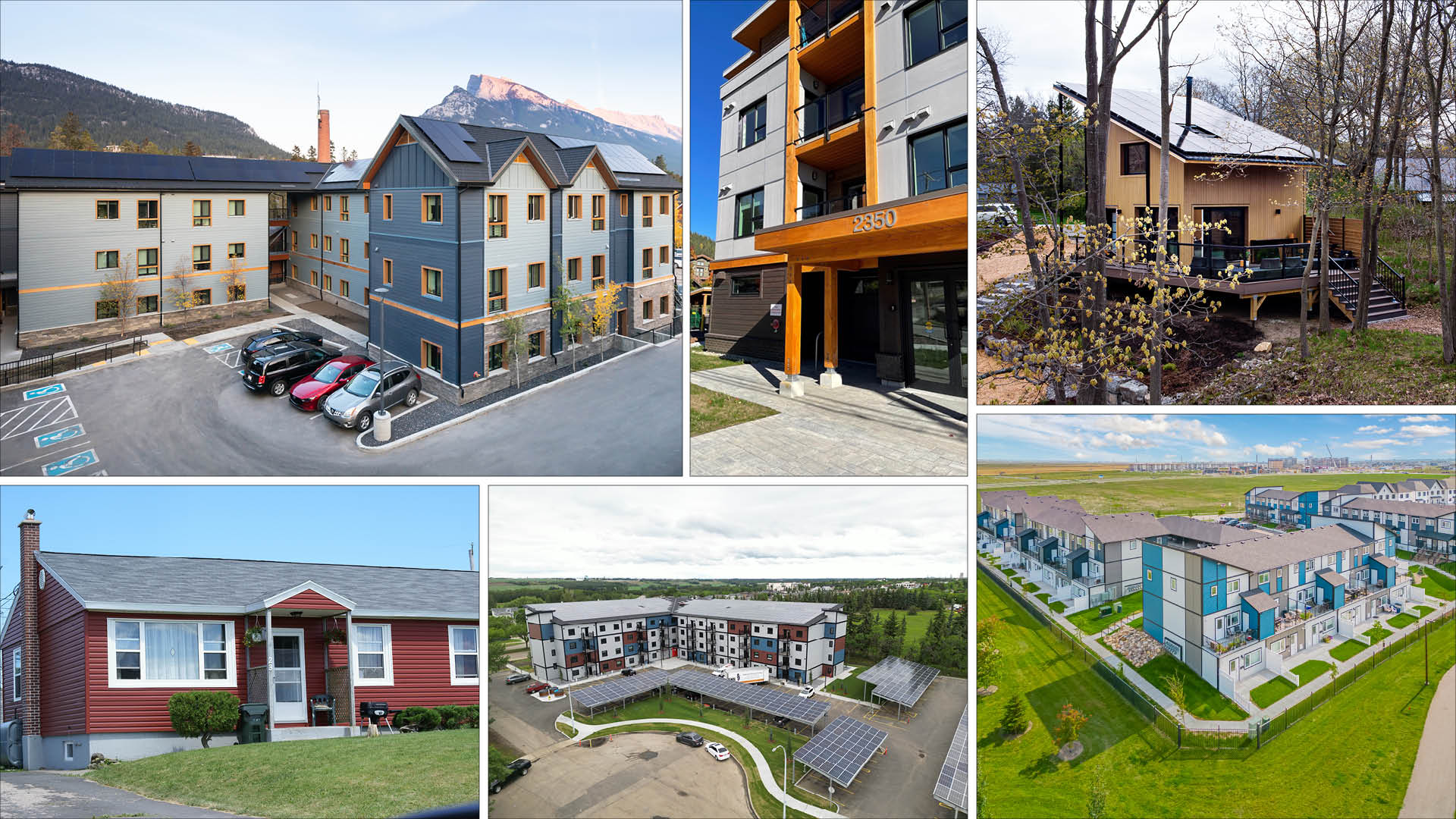Eco-Friendly Affordable Housing in BC’s Remote Communities

Eco-Friendly Affordable Housing in BC’s Remote Communities: A New Opportunity for Canadian Immigrants
Finding affordable and sustainable housing in Canada, especially in British Columbia’s (BC) remote communities, can be challenging. However, a new project focusing on environmentally sustainable, affordable homes is set to change the landscape. This initiative addresses the critical need for reasonably priced homes and offers unique opportunities for Canadian immigrants looking to settle in rural settings.
Why Affordable Living in Remote BC Matters
British Columbia is renowned for its stunning natural beauty, but accessing affordable living can be difficult, particularly in smaller, geographically isolated areas. This new project aims to bridge this gap by providing eco-conscious and budget-friendly housing options. The benefits are manifold:
- Economic Growth: Attracting new residents stimulates the local economy.
- Community Development: Diverse communities become stronger and more resilient.
- Environmental Sustainability: Eco-friendly homes reduce carbon footprint and promote green living.
Opportunities for Canadian Immigrants Seeking Housing
For Canadian immigrants, particularly those seeking a quieter lifestyle away from bustling city centers, these remote BC communities present an appealing alternative. The prospect of owning an energy-efficient and affordable home can be a significant draw. Moreover, these projects often prioritize integration, creating welcoming environments for newcomers. This can include community programs and initiatives to help immigrants adapt to their new surroundings. For example, organizations like the Immigrant Services Society of BC offer valuable resources and support.
Benefits of Rural Settlement
Choosing to live in a remote community offers several advantages:
- Lower Cost of Living: Generally, housing and living expenses are lower compared to urban areas.
- Closer to Nature: Enjoy outdoor activities like hiking, fishing, and skiing.
- Stronger Community Bonds: Smaller communities often foster a greater sense of belonging.
The Focus on Eco-Friendly Construction
These housing projects are not just about affordability; they also prioritize environmental sustainability. This typically involves using sustainable building materials, implementing energy-efficient designs, and incorporating renewable energy sources such as solar panels. The goal is to create homes that are not only affordable to purchase but also affordable to maintain in the long run, reducing utility costs and minimizing environmental impact. Initiatives like BC Housing’s energy efficiency programs further support this goal.
Examples of Green Features
- Passive Solar Design: Maximizing natural sunlight for heating and lighting.
- Rainwater Harvesting: Collecting rainwater for non-potable uses.
- Energy-Efficient Appliances: Reducing energy consumption.
- Local Materials: Supporting local economies and reducing transportation costs.
Finding Affordable Homes in Remote BC: Resources and Tips
Finding affordable homes in remote BC requires research and planning. Here are some helpful resources:
- BC Housing: Provides information on affordable housing programs and initiatives.
- Local Real Estate Agents: Can offer insights into available properties and market trends.
- Community Organizations: Often have information on local housing opportunities.
When searching for housing, consider factors such as proximity to amenities, job opportunities, and community services. Networking with local residents can also provide valuable insights. Consider the community of Smithers, BC as an example.
A Promising Future for Housing
The construction of environmentally sustainable, affordable homes represents a significant step towards addressing the housing crisis in British Columbia and creating inclusive communities for Canadian immigrants. By prioritizing affordability, sustainability, and community integration, these projects offer a promising future for both residents and the environment. If you are considering a move to a remote BC community, exploring these housing options could be a life-changing decision. Be sure to check out resources like the Rural and Northern Immigration Pilot program which might be helpful. Also, consider the benefits of Passive House Design.

